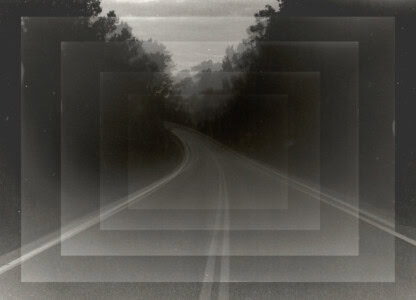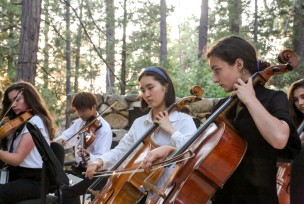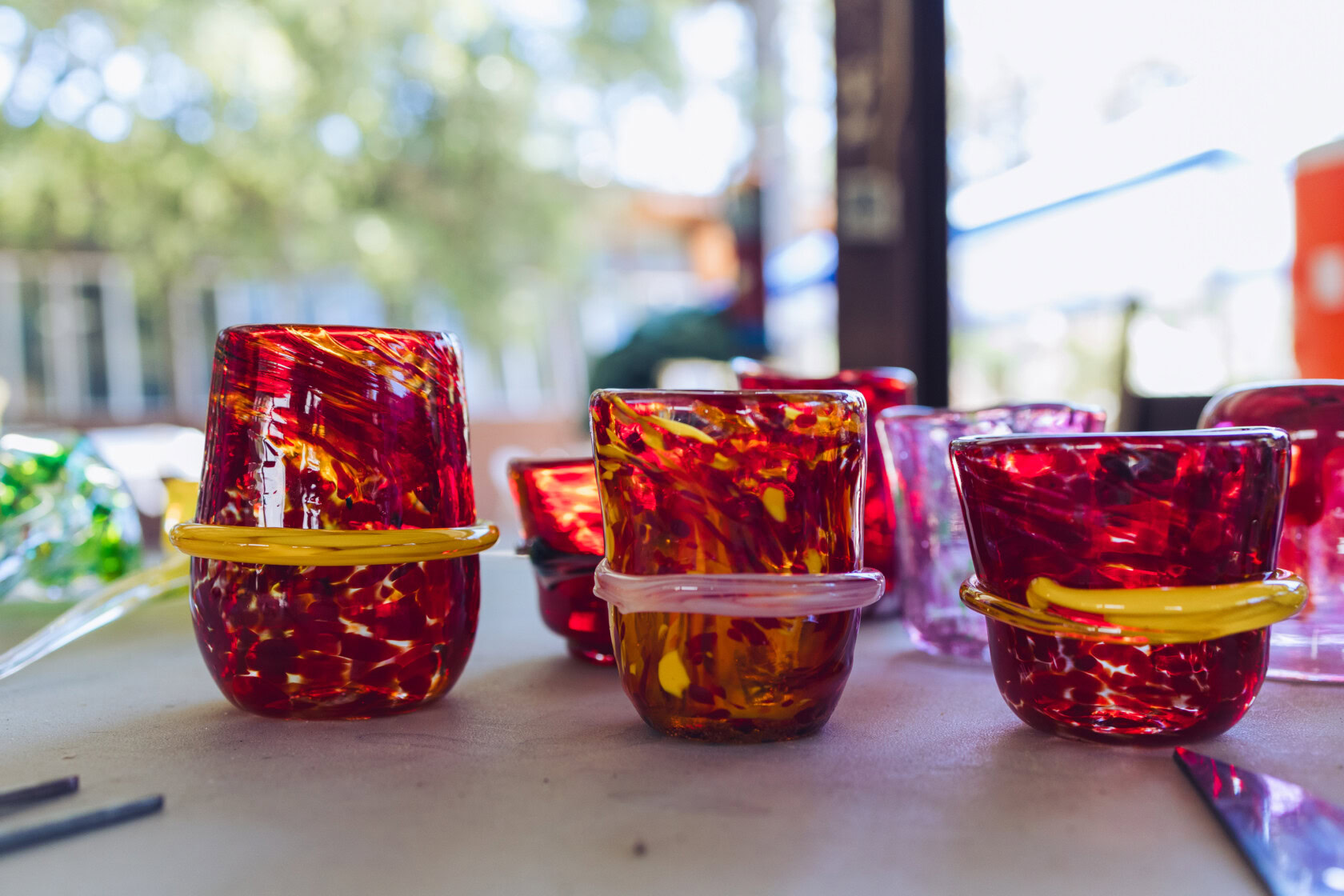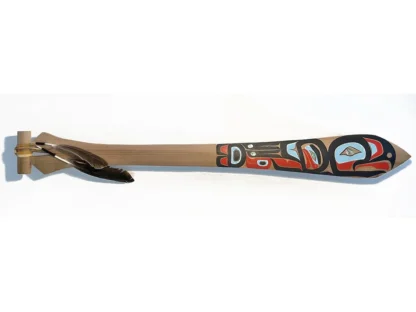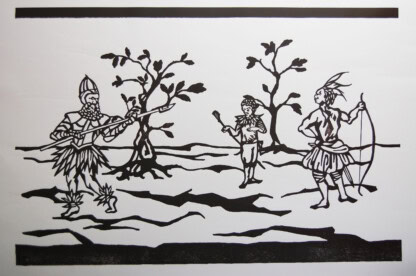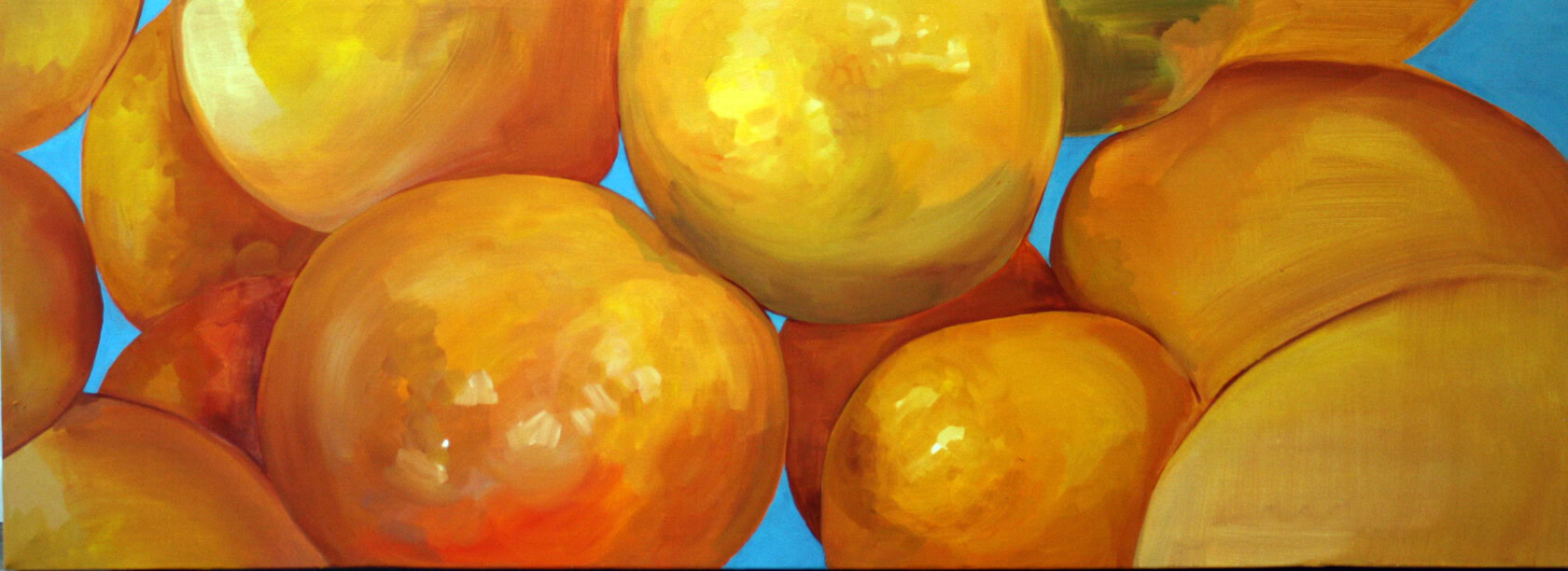Native Art
Art of Fire: Introduction to Glassblowing (Session 2)
18+
Instructors: Ramson Lomatewama (Hopi) and Ayen Talashoma (Hopi)
Keep the heat going with the second session of this exciting workshop that continues exploration into the fundamentals of glassblowing through the unique cultural lens of renowned Hopi glass artists. In this workshop, we will introduce you to the fundamentals of hot glass art as well as the technical and philosophical elements to inspire your work with expert one-on-one guidance.
*You may enroll in both weeks or just one. For returning students, the second session will be an opportunity to dive deeper into your newly established glassmaking skills and advance to making larger objects with greater detail.
